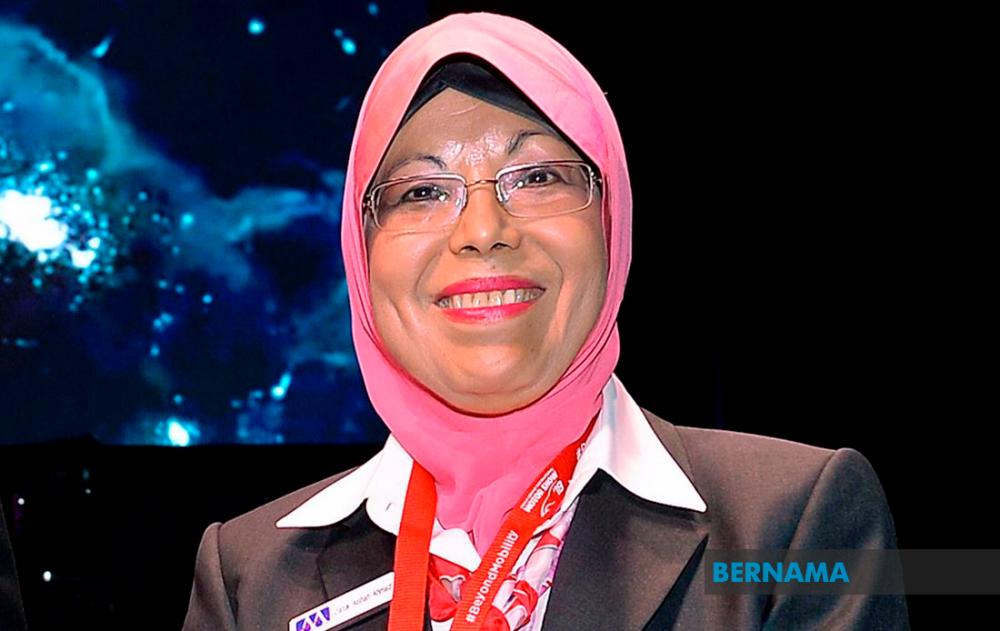PETALING JAYA: The Malaysian Automotive Association (MAA) has projected total industry volume (TIV) of 600,000 units for 2022, a 17.9% or 91,089-unit improvement over the previous year’s figure.
Of the projected volume it expects 540,000 units to be made up of passenger vehicles while the remaining 60,000 units will be commercial vehicles.
The association’s president, Datuk Aishah Ahmad (pix), opined that TIV will be supported by a global economic rebound as the International Monetary Fund projects the world economy to grow by 4.9% this year.
On the domestic front, she pointed out the government has projected a growth of 5.5-6.5% in 2022 driven by expansionary Budget 2022 and a normalisation in economic and social activities.
“Furthermore, continuation of the sales tax exemption incentive for passenger vehicles till June 30, 2022 and automotive companies ramping up production and deliveries of vehicles to fulfil backlogs and new orders will be the main contributors in improving sales of new motor vehicles,” Aishah said in a virtual media briefing yesterday.
She also noted the Bank Negara Malaysia’s decision to retain the overnight policy rate at 1.75% last November will provide additional policy stimulus to accelerate the pace of economic recovery.
“This may help to stimulate domestic spending including for big-ticket items like new cars; consumer spending is expected to revive in tandem with the country’s economic recovery.”
The president noted that MAA members’ aggressive promotional campaigns and the introduction of new models, including electric vehicles (EV) at more competitive prices, will contribute to sustaining buying interest.
The association forecast sales of EV could see healthy growth supported by continued interest from manufacturers to bring in green vehicles due to the revived Low Carbon Mobility Blueprint or the National Automotive Policy.
Nonetheless, she expects the TIV growth in 2022 to be in line with the prevailing trend.
“The bulk of the volume will be passenger vehicles as Perodua and Proton sell the most models, commanding a big chunk of the Malaysian market. EV will be a small volume but it will be increasing.”
Despite the rosy projection, the MAA president said the automotive sector may face challenges from pandemic-related disruption and supply chain issues such as a new wave of Covid-19 infections, shortage of semiconductor chips, rising cost of freight, uncertainties in domestic political scene, among others.
“These challenges may affect the country’s economic growth momentum and in turn the sales of new vehicles,” she said.
However, Aishah believes it is unlikely to cause major upheaval in the economy as the authorities have gained valuable experience in the handling of the Covid-19 pandemic over the past two years.
In 2021, MAA reported TIV declined 3.9% to 508,911 units from 529,514 units registered in 2020, marking a second consecutive year of decline for the sector.
The year saw 452,663 units of passenger vehicles sold, a 5.9% decline from 480,971 units in the preceding year, while commercial vehicles reported a 15.9% increase to 56,248 units from 48,543 units reported previously.
Nonetheless, the total volume translates into a 1.8% increase over its projection of 500,000 units for 2021.













